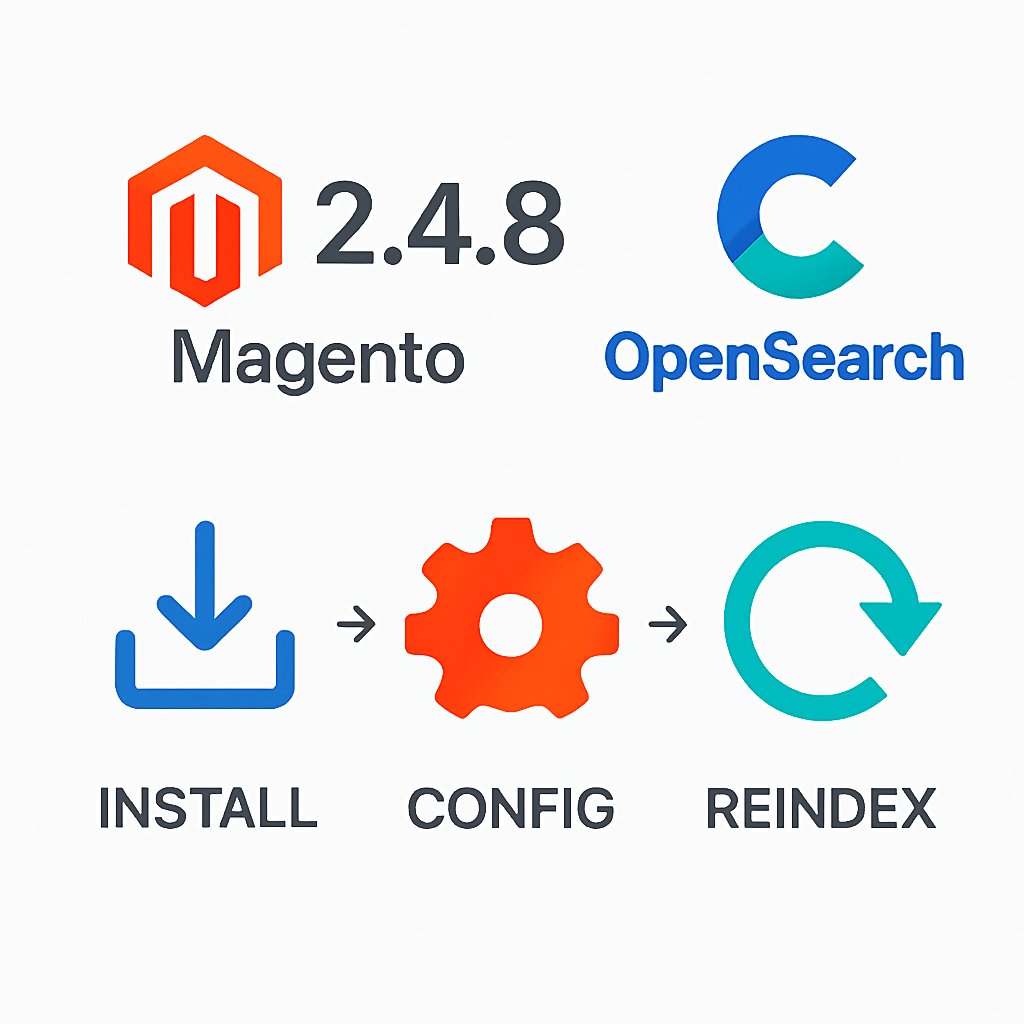When it comes to building a website, choosing between custom website design and template-based website design is a crucial decision for any brand. Both custom and template designs have their unique pros and cons, and understanding these can help you select the best approach that aligns with your brand’s goals, budget, and growth plans. In this blog, we will explore the key differences, advantages, and drawbacks of custom vs template website design, providing best practices to guide you in making an informed choice.
Understanding the Two Approaches
Performance and Speed:
Custom plugins are built for your exact needs, removing bloat and improving loading times for better user experience and SEO.
Unique Functionality:
Bespoke plugins allow advanced features—think booking systems, workflow automation, custom analytics—unavailable in generic solutions.
Security and Reliability:
Tailored plugins are less likely to face widespread vulnerabilities and are easier to maintain securely.
Seamless Integration and Automation:
Connect your site to CRMs, e-commerce, analytics, or marketing platforms with smooth, well-supported custom code.
Scalable for Growth:
Custom plugins scale as your company grows, enabling advanced features and supporting higher user volumes.
Trends to Watch for in 2025
- AI and automation driving smarter, personalized experiences.
- Headless WordPress integration bringing more flexibility.
- No-code plugin tools for easier management and deployment.
Why You Should Avoid Unwanted or Low-Rated Plugins
Security Risks:
Untrusted and outdated plugins are major sources of hacks and malware; they lack timely updates and are poorly audited for vulnerabilities.
Site Performance Issues:
Poorly coded plugins slow down websites, increase load times, and can break features or layouts.
Compatibility Problems:
Low-rated plugins may not work well after WordPress updates or in combination with other plugins, causing crashes or downtime.
Lack of Support:
Performance drops, broken code, or spammy behavior from unreliable plugins can damage your search rankings and online visibility.
SEO Penalties:
Best Practices for WordPress Plugin Management
- Always vet plugins with reviews, active support, and regular updates.
- Remove anything unused, outdated, or poorly rated to protect speed and security.
- Consider custom plugin development for advanced workflows, unique features, and growth-ready code.
Conclusion
Custom WordPress plugins offer tailored, future-proof solutions to your brand’s needs, supporting innovation, automation, and secure growth. Don’t let your site fall victim to vulnerabilities and slowdowns caused by unwanted plugins—choose quality, always update, and consult experts for custom development.
Skylooper specializes in building efficient, secure, and scalable WordPress solutions. Contact us to discuss a custom plugin or a site audit—your business deserves a website that’s fast, safe, and ready for tomorrow.






